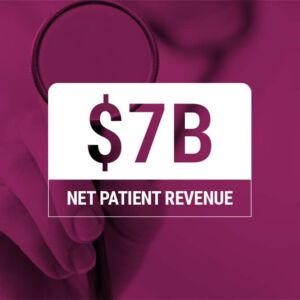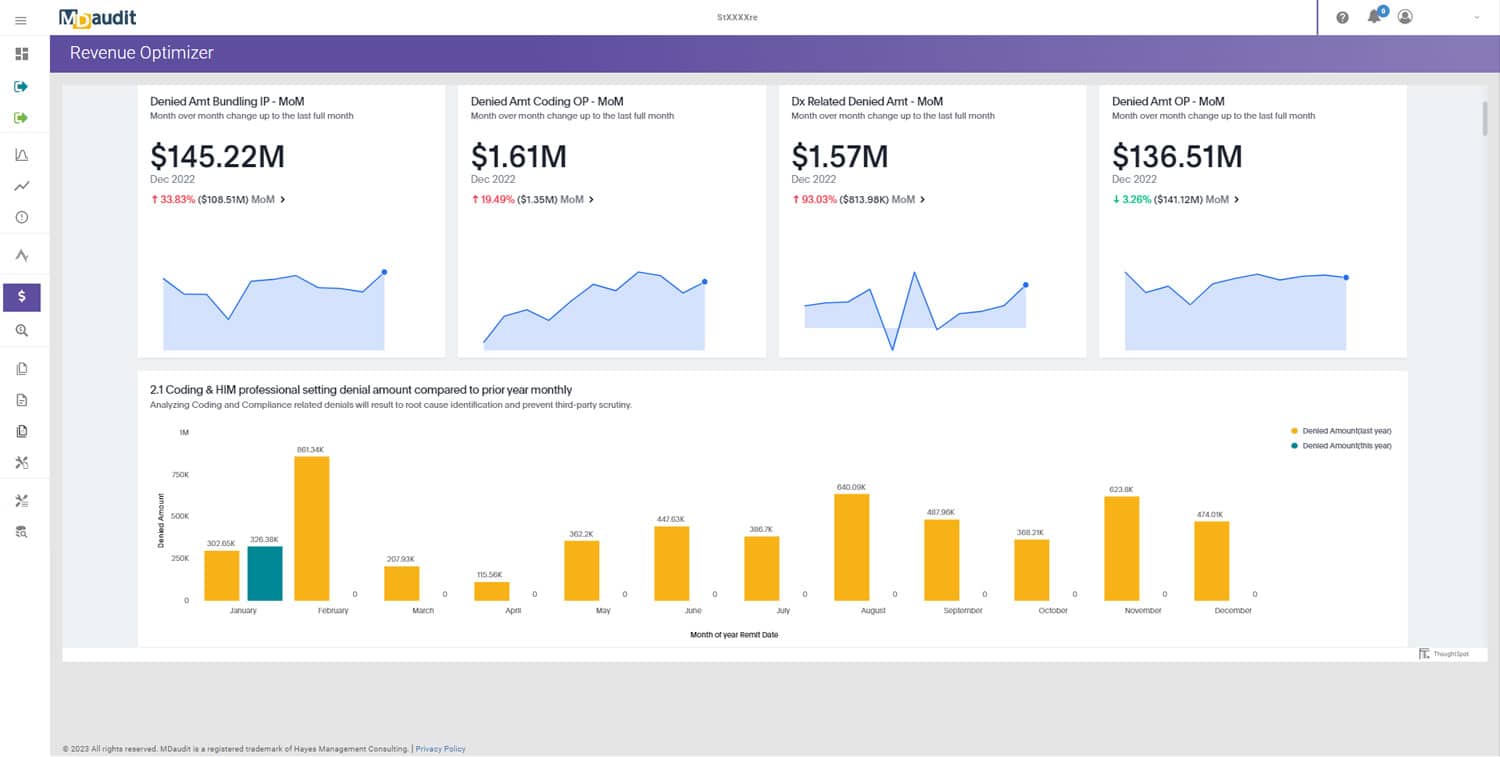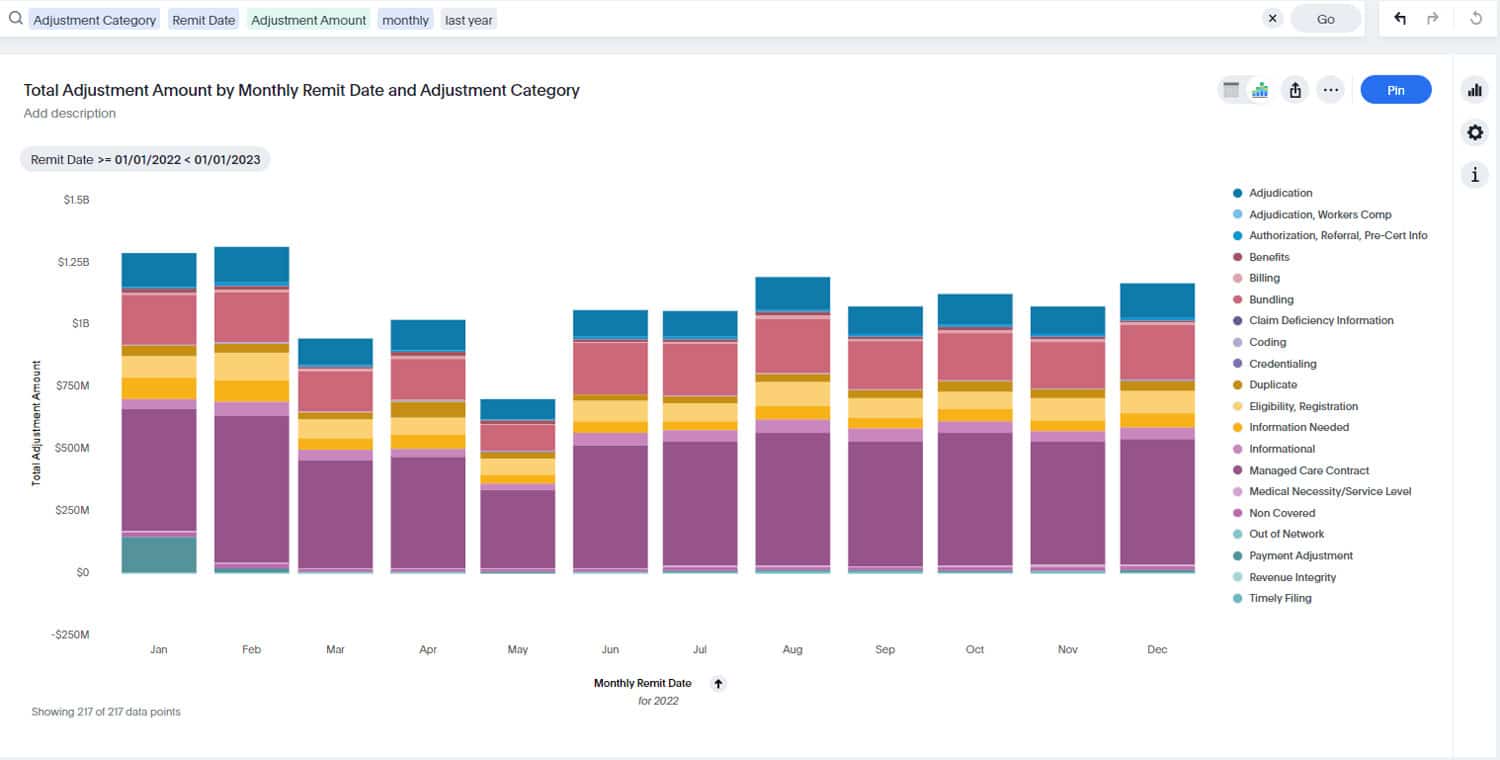Healthcare is navigating a transformative era of technological advances, regulatory shifts, and increasing scrutiny. MDaudit’s annual benchmark report highlights the latest trends that billing compliance, revenue integrity, and coding/HIM teams must be aware of to succeed in 2025. These insights underscore the importance of proactive risk management, continuous risk monitoring, and strategic adaptation to industry challenges. Here are the top eight insights to help healthcare organizations stay resilient, secure, and financially healthy in the year ahead.
Insight #1: Cyber-Attacks Remain a Serious Threat to Operations
In the first half of 2024 alone, over 350 security incidents impacted over 45 million patients, with high-profile attacks like the Change Healthcare breach revealing system vulnerabilities. Cybersecurity threats disrupt healthcare delivery, compromise patient data, and increase financial instability. To mitigate these risks, healthcare organizations must prioritize robust cybersecurity frameworks and continuous monitoring, ensuring vulnerabilities are swiftly identified and addressed.
Insight #2: Declining Payment Rates Put Pressure on Revenue Integrity
The past year has seen payment rates decrease significantly, with MDaudit data showing a 3% increase in denied amounts for outpatient claims and a 7% increase for inpatient claims in 2024 compared to 2023. This trend underlines the need for effective revenue integrity programs and continuous monitoring to minimize denied claims, enabling healthcare providers to stabilize their revenue streams amid shifting payer requirements.
Insight #3: Payers’ Scrutiny on Medical Necessity Denials is Intensifying
Medical necessity denials surged in 2024, with outpatient claims seeing a 75% increase and inpatient claims a 140% rise, according to MDaudit data. As payers tighten their guidelines, healthcare providers must ensure clear and comprehensive medical necessity documentation. Leveraging automated compliance tools like MDaudit’s platform can help healthcare teams catch potential documentation gaps before claims are submitted, reducing the likelihood of costly denials.
Insight #4: Medicare Advantage Plans Face Increasing Audits
Medicare Risk Adjustment Data Validation (RADV) audits revealed a high rate of overpayments to Medicare Advantage (MA) plans, prompting the Centers for Medicare and Medicaid Services (CMS) to estimate a $4.7 billion recovery from MA plans through 2032. Total denials for MA plans rose by 51% in 2024. Healthcare organizations considering MA participation must balance these challenges with the revenue potential of MA plans, adapting their compliance strategies to manage heightened audit risk.
Insight #5: Medical Fee Schedule Rate Cuts and Telehealth Waivers Expiring
The 2025 proposed Medicare Physician Fee Schedule includes a 2.8% cut and the expiration of telehealth waivers at the end of 2024. Changes to the Merit-based Incentive Payment System (MIPS) and the Shared Savings Program will require adaptation to Medicare’s value-based care strategy. Healthcare organizations should review their fee schedules and telehealth practices to stay compliant and financially prepared.
Insight #6: OIG’s Cost-Cutting Focus on High-Cost Drugs and Biosimilars
The Office of Inspector General (OIG) plans to reduce Part B spending by encouraging the use of the least costly alternatives and incentivizing biosimilars, aiming to save $400 million. With more scrutiny from payers on drug utilization, healthcare organizations must adopt cost-effective prescribing practices supported by compliance monitoring systems to track and adjust utilization patterns accordingly.
Insight #7: Doubling of Payer Audits in 2024
Payer audits surged 2.2 times in 2024, with at-risk dollars increasing fivefold, often with pre-payment audits that risk denials and disrupt cash flow. To minimize this impact, healthcare providers need robust audit and compliance tools. MDaudit’s platform offers real-time visibility into audit trends and provides analytics & workflows that enable healthcare teams to respond proactively to audit requests.
Insight #8: DOJ Guidance on AI and Analytics in Compliance Programs
The Department of Justice’s updated guidelines emphasize the role of AI and data analytics in compliance. Organizations that adopt advanced monitoring and analytics tools may receive favorable treatment in investigations, making investment in these technologies a priority. Continuous compliance monitoring and AI-based risk assessment, available through platforms like MDaudit, will be essential to maintaining compliance and strengthening operational resilience.
Preparing for a Resilient 2025
The insights from MDaudit’s benchmark report provide healthcare organizations with a roadmap to adapt to a rapidly changing landscape. From cybersecurity and compliance to revenue management and payer audits, each trend reinforces the value of proactive monitoring and robust compliance programs. By aligning with these insights, healthcare teams can mitigate risks, optimize financial health, and enhance patient care outcomes.









